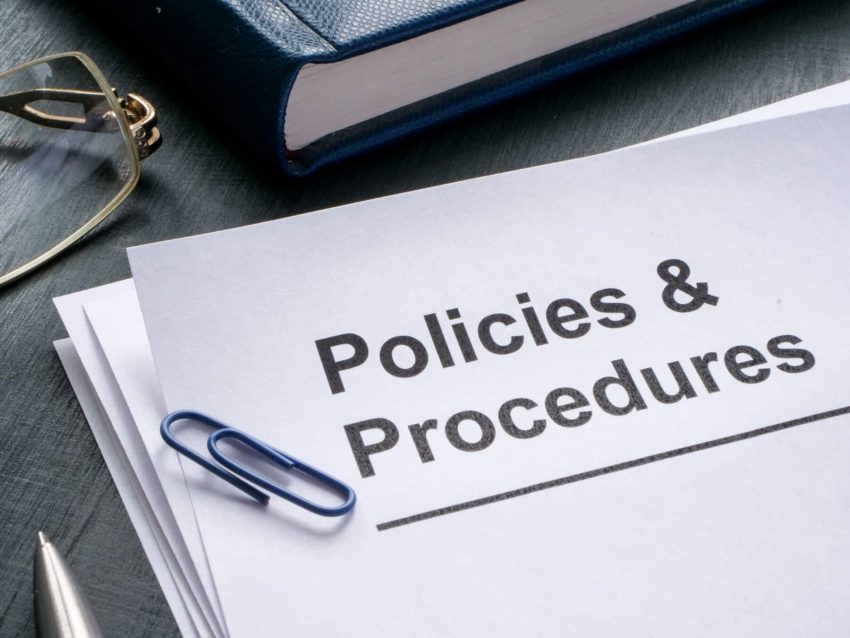langerhanscellhistiocytosis.org – Exam policies are the set of rules and guidelines that students must adhere to during their examinations. These policies are designed to ensure a fair opportunity for all students to demonstrate their knowledge and skills. Understanding these policies is crucial for students to avoid any unintentional violations that could lead to penalties.
Key Components of Exam Policies
- Academic Integrity: This policy emphasizes the importance of honesty and originality in all academic work. It outlines the consequences of cheating, plagiarism, and other forms of academic dishonesty.
- Exam Schedules: Policies regarding exam schedules include information on when and where exams will take place, as well as any rescheduling procedures in case of conflicts or emergencies.
- Materials Allowed: Each exam may have specific rules regarding the materials students are allowed to bring, such as calculators, notes, or textbooks.
- Time Limits: Exams are typically conducted within a specified time frame. Policies will detail what happens if a student exceeds this time limit.
Preparing for Exams
Study Strategies
Effective preparation is key to performing well on exams. Developing a study schedule, understanding the material thoroughly, and practicing with past exam papers are all valuable strategies.
Exam Anxiety
Many students experience anxiety before and during exams. Learning stress management techniques, such as deep breathing, mindfulness, or time management, can help alleviate these feelings.
During the Exam
Arriving on Time
Students should arrive at the exam venue well before the scheduled start time. This allows for any last-minute preparations and ensures they can start the exam without stress.
Exam Conduct
During the exam, students must follow all instructions provided by the invigilators. This includes not speaking to other students, not using unauthorized materials, and not engaging in any form of cheating.
Handling Difficulties
If a student encounters any difficulties during the exam, such as a question that seems unclear, they should raise their hand and ask an invigilator for clarification.
After the Exam
Reviewing Answers
If time permits, students should review their answers before submitting their exam papers. This can help catch any mistakes or areas that may need further explanation.
Handling Results
After exams, students will receive their results. If a student believes there has been an error in grading, there are usually procedures in place for requesting a review of the exam.
Conclusion
Understanding exam policies and procedures is essential for students to navigate their examinations successfully. By familiarizing themselves with these guidelines and preparing adequately, students can ensure they are well-equipped to demonstrate their academic abilities. Remember, the goal of these policies is to create a fair and equitable environment for all students to succeed.

